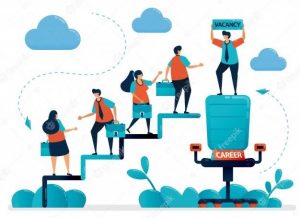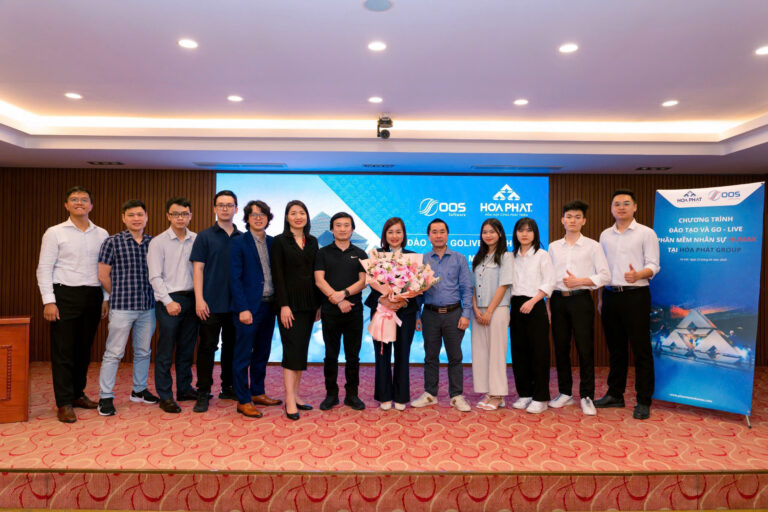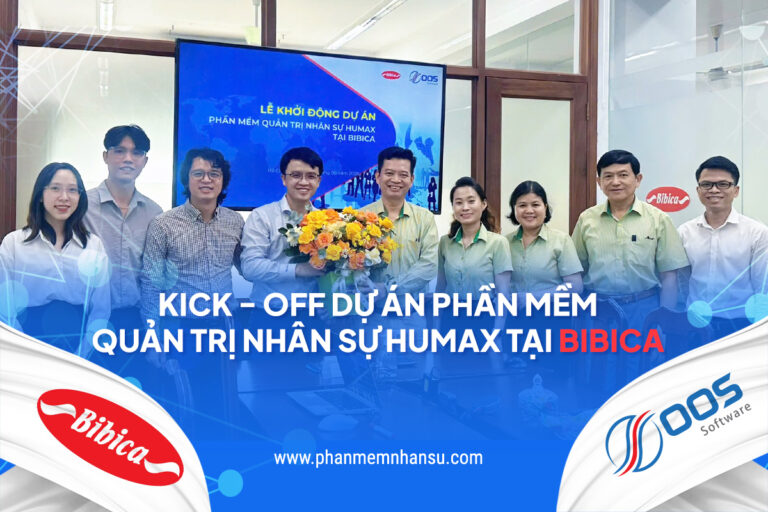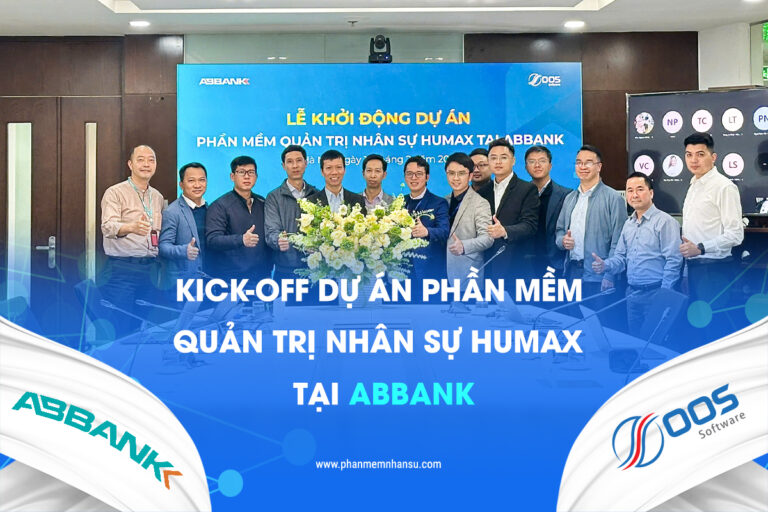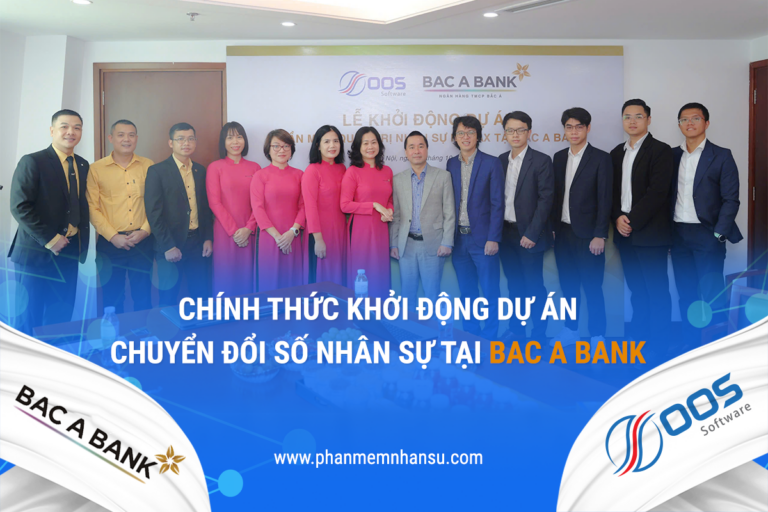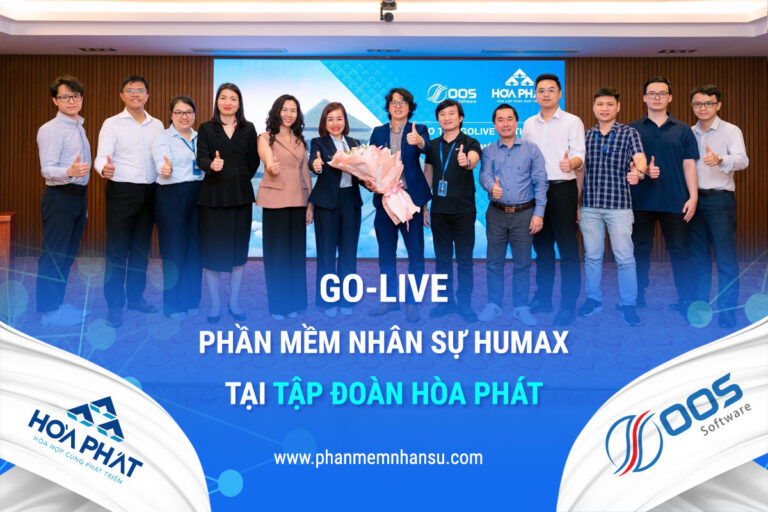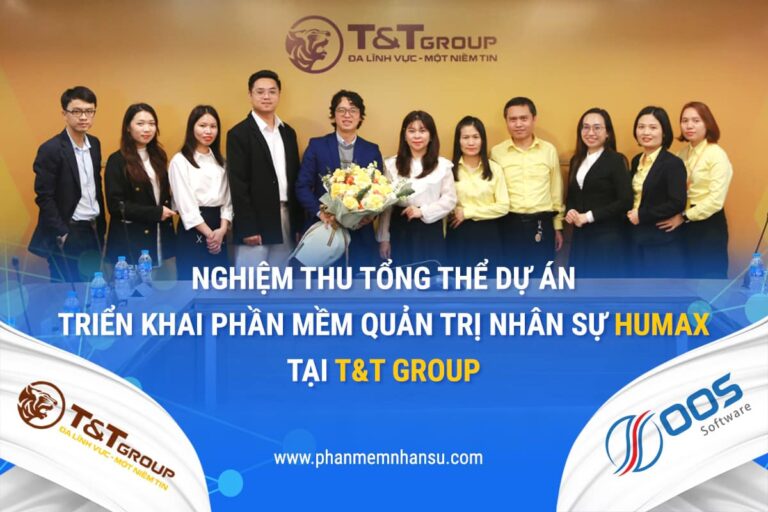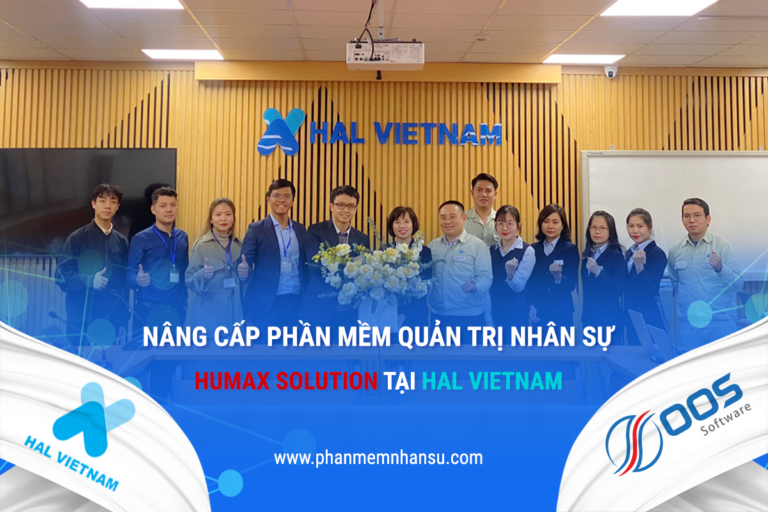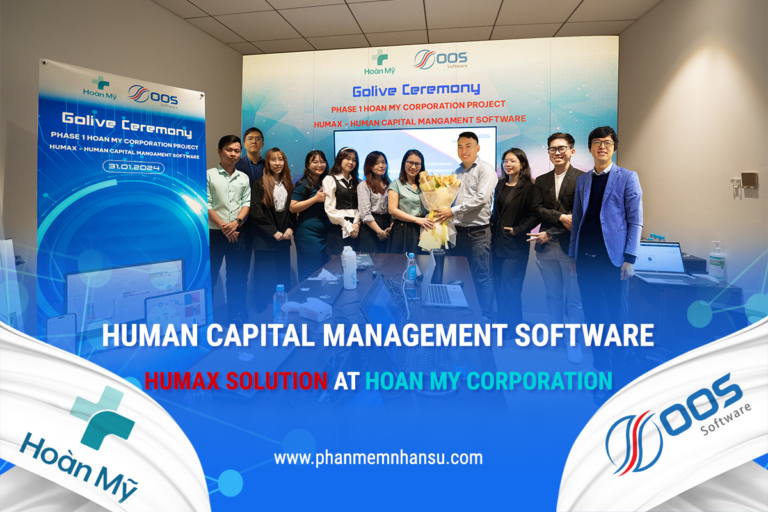Many managers and leaders think that the main reason for the "departure" of employees is related to Salary-Bonus. But in fact, the remuneration regime has the effect of attracting talented people to come and join the organization. In the process of working depends on many factors to retain them. From an employee's perspective, what do they expect from the company? What can keep them working with the organization for a long time?
Personal development space
Most employees are not sure what they will do in 5 years. However, 100% employees are looking forward to having discussions about their future at the company. When they clearly see the career development path, they feel secure and believe in the organization. They are ready to give their best if they already know how the road ahead should go.
With good employees who are passionate about the profession, they always want to have a specific promotion path and the opportunity to develop personal capacity every day. Enterprises need to plan and clearly show a development roadmap for each position so that each employee can see his or her career development potential.
Above all, employees want a place where they can learn, accept their shortcomings and give them the opportunity to improve themselves. Invest in human resource training with the secret of recruiting "missing points" to develop human resources. Improving the quality of human resources not only brings benefits in terms of labor productivity for the organization, this is a way to create trust and responsibility for employees. They feel trusted and valued when given the opportunity to learn and try. Thereby promoting the working spirit and responsibility for the work of employees.
Especially with the new generation – Gen Z (those born between 1997-2010) is the main workforce in the near future. A generation that is free in thinking, ready and eager to learn, is also not afraid to change to try new things. They don't put too much emphasis on salary in the first few years. They want to learn more, supplement and improve themselves more. If the organization shows the ability to develop their career and the space for them to learn and improve themselves, there is no reason for them to refuse the long-term option of sticking with your business.

Feelings of dedication and recognition
A great motivation for each employee to work hard is that they find their own value and meaning in the work they do. First for themselves, and then for the organization, the company, moreover for the community and society.
Research by the company Robert Half International in the US assessing the happiness level of more than 12,000 employees shows that a sense of accomplishment is the biggest happiness motivator for employees under the age of 35. Employees want to feel they are creating. influence the company, i.e. they need to see results in their work.
Work needs to arouse interest and passion for employees to promote their strengths and forte. The work environment is stimulating to boost employee morale and they are ready to work to the best of their ability.
Employees always want to share their ideas and be heard. The majority said that if they were perceived better, they would have felt more motivated at work. Proper motivation leads to higher performance and results. When businesses do not open up and recognize their skills, employees may feel unappreciated leading to looking for opportunities elsewhere.
Respect and connection to the organization
According to MHA's Mind the workplace 2021 report on issues employees are facing during the Covid-19 pandemic:
– 9/10 employees share that pressure at work has affected their mental health
– 3/5 employees do not receive adequate support from management to manage stress while working from home.
– 4 out of 5 employees are no longer emotional at work – a warning sign of burnout.

Instead of focusing on the numbers in the revenue sheet, businesses should care about the mental and emotional health of employees. Because this is a factor that greatly affects performance and productivity as well as employee engagement with work and the organization.
Many large companies often lack a dedicated position to talk to employees to understand whether they are satisfied with their current job or want to take on new jobs that they really care about. .
Intimate conversations with employees by asking about their goals at work, and more broadly, goals in life make them feel respected. The relationship between a company and an employee is not just one of the lessee and the lessee. It is a partnership.
PepsiCo has done a great job in building corporate culture. From valuing flexibility at work, to placing trust in employees makes them feel unseen or monitored when they go to work. Even, they build a position of human resources director but do not solve the desk problems, but only focus on thinking so that the working environment of employees is most comfortable and happy. PepsiCo focuses on mental health and always allows employees to present even the smallest difficulties with the question “What can the company do for you?”. In just two years of applying the above policies, Pepsi has reduced its annual turnover rate from 12% (the average for FMCG companies) to less than 7%.
The technological revolution exploded, artificial intelligence was born, and machines gradually replaced humans in labor. No matter how modern technology or machines are, they are still just tools to support people. People are always the most valuable asset of any business, whether for small, medium or even big companies. Each business has its own characteristics, there is no more effective way than listening to understand what its employees need, expect and aim to keep them engaged in the long term with the organization.
